Dear People of the Episcopal Diocese of the Great Lakes,
As we prepare for calling the first bishop of the Episcopal Diocese of the Great Lakes, we are inviting everyone in our diocese to study, reflect, and discuss the ministry of the Episcopate. To that end, we have assembled this annotated bibliography. We are inviting parishes to pick a book and use it for a book group, adult Christian Formation, or other form of engagement. It would also be helpful to share this bibliography with all parishioners so that those who prefer to read on their own may do so. The more we all reflect on and discuss the ministry of the Episcopate, the better ministry partners we will be with our next bishop.
If you’d like to share feedback or reflections with our team or if you have questions for us, reach out to your parish delegates to the primary convention in October – they received bookmarks with all of our team members’ names and email addresses on them. We’re eager to hear from you!
Thank You,
The Ministry of the Episcopate Team
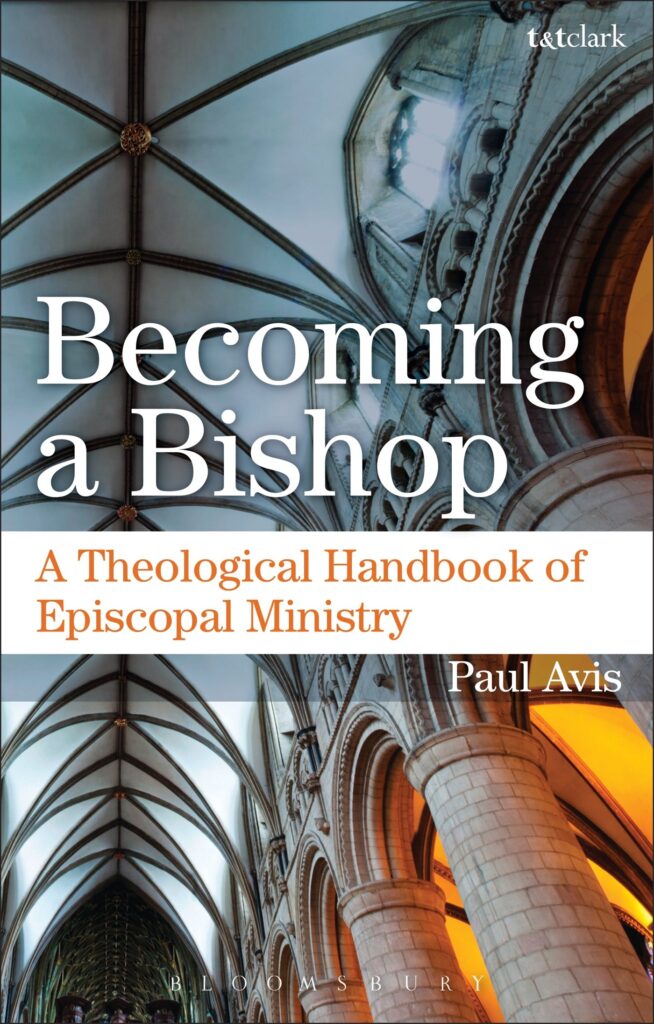
Becoming a Bishop: A Theological Handbook of Episcopal Ministry
Avis, Paul.
Why bishops? What’s so special about bishops? What are bishops called to and how best can they do it? This book is the single resource of answers to all the questions one could conceivably have about what a Bishop is and their function and purpose in the church. Paul Avis offers a fascinating account of the ministerial identity of the bishop, in particular the task and rolls of Episcopal ministry. Placing the bishop within the wider ecclesiological framework, Avis illuminates the role of the individual in episcopal ministry. This book sets the vital work of a bishop within an ecclesiological framework: The bishop in the Anglican communion, within the Church of Christ, within the purposes of God.
Find it at BetterWorldBooks.com
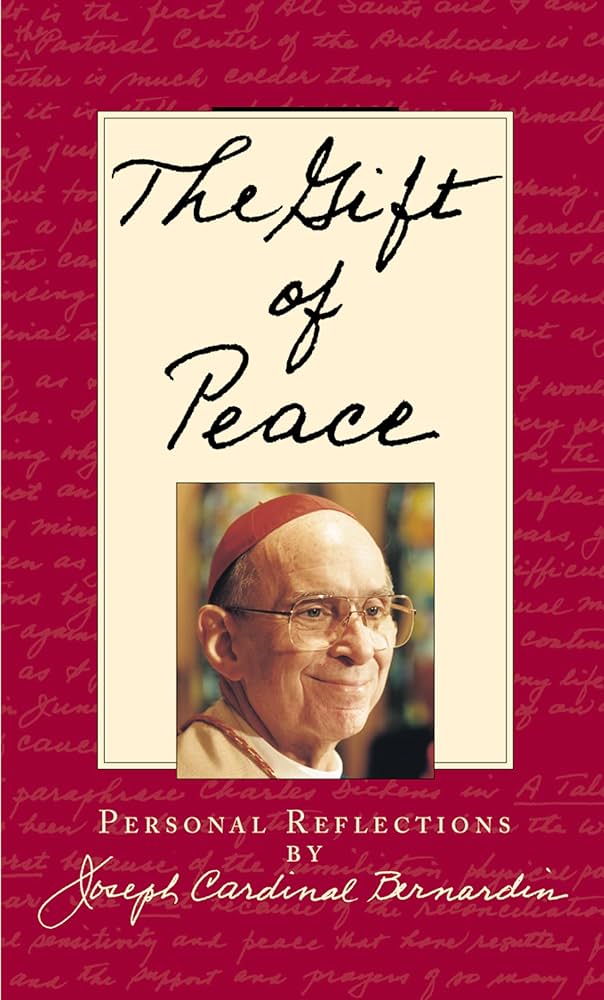
The Gift of Peace
Bernardin, Joseph Cardinal.
In the final two months of his life, Joseph Cardinal Bernadine made it his mission to share his personal reflections and insights in this book, The Gift of Peace. Using as a framework the previous three years, which included false accusations of sexual misconduct, diagnosis of cancer, and return of the cancer after 15 months of being in remission, Cardinal Bernadine tells his story openly and honestly. At the end of his life, the Cardinal was at peace. He accepted his peace as a gift from God, and through this book, he shares that gift with the world. The Gift of Peace is part of the Cardinal’s pastor legacy; through this book his ministry lives on.
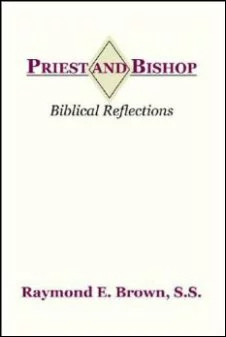
Priest and Bishop: Biblical Reflections
Brown, Raymond, S. S.
With the whole Christian world looking on, Roman Catholics have entered into sometimes acrimonious debate with themselves as to what should be expected of those who are in the special ministry of the church, i.e.., the priesthood— what manner of life should priest live and what work should they do? Also under review as the role of the bishop, said traditionally to possess the fullness of the priesthood. Should the authority structure on all levels be more collegial or democratic, and what would such a change mean in light of the traditional theology of the Episcopal. ecumenically Catholics are pondering their relationships to other churches in which there is no episcopate in apostolic succession.
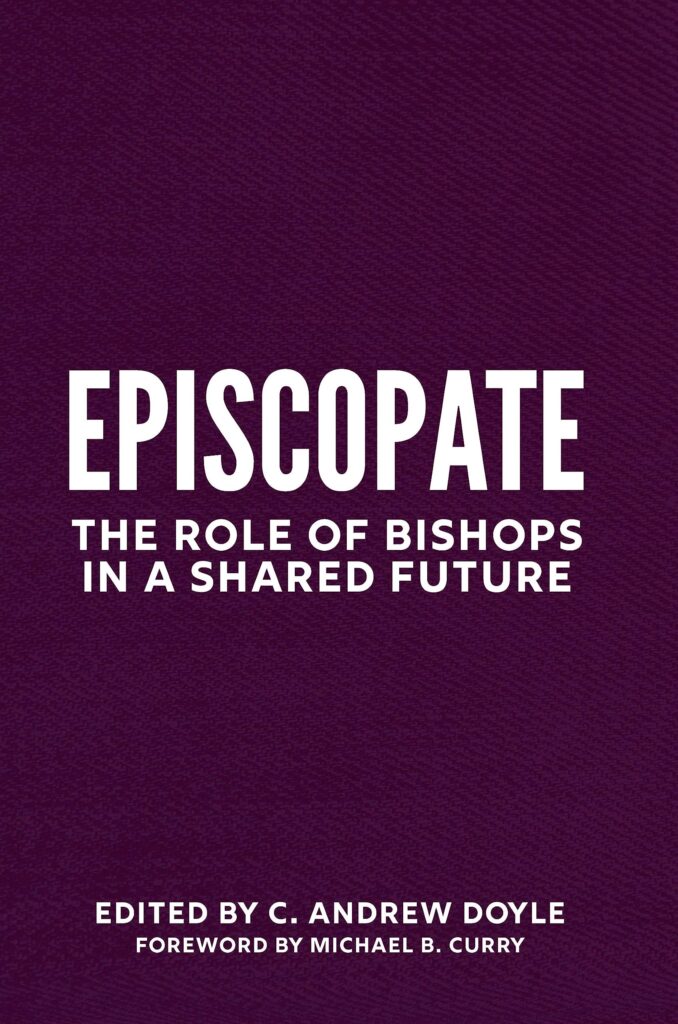
Episcopate: The Role of Bishops in a Shared Future
Doyle, C. Andrew, Ed.
Compelling essays, written by bishops, other clergy, and academics from across the Episcopal Church, reflect the breath of thinking on the history, current state, and future of the role of leadership within the denomination and the wider Anglican Communion. Topics include the transformation of the role over the last 50 years, a review of historic documents on the episcopacy, issues of race and gender, and the definition of ministry and leadership. This volume will be of interest to leaders across the nominations as well as scholars.
Find it at ChurchPublishing.org
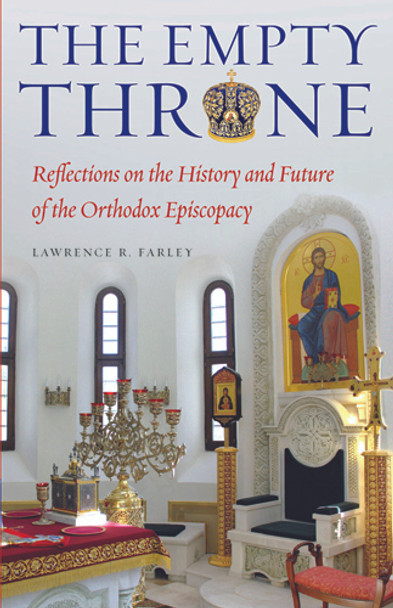
The Empty Throne: Reflections on the History and Future of the Orthodox Episcopacy
Farley, Lawrence R.
In contemporary North America, the bishop’s throne in the local Orthodox parish stands empty for most of the year. The bishop is an honored occasional guest rather than a true pastor of the local flock. But it was not always so, nor need it be so forever. Fr. Lawrence Farley explores how the Orthodox episcopacy developed over the centuries and suggests what can be done in modern times to bring the bishop back into closer contact with his flock.
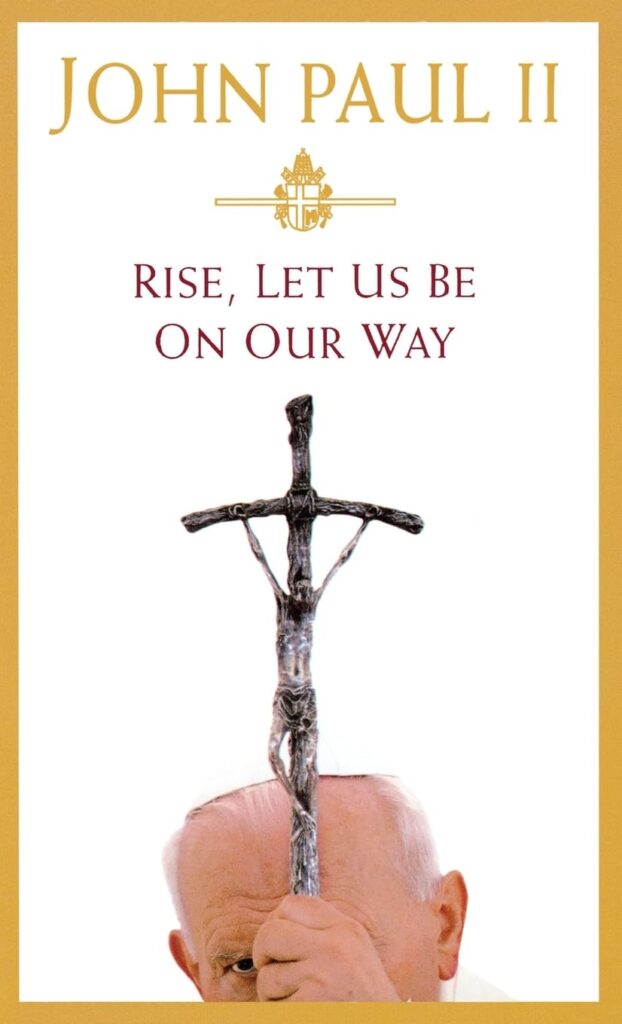
Rise, Let Us Be on Our Way
John Paul, II.
Following the success of the international bestseller Crossing the Threshold of Hope, Pope John Paul II provides the world with a glimpse into his past in Rise, Let Us Be on Our Way. Chronicling the years he spent as a bishop and later archbishop in Krakow,Poland through his election as the first Polish Pope in 1978, he recounts everything from communist efforts to suppress the church in Poland to his efforts to adopt a new and more open style of pastoral ministry. With recollections on his life as well as his thoughts on the issues facing the world now, Pope John Paul II offers words of wisdom in this book that will appeal to people of any faith looking to strengthen their spirituality.
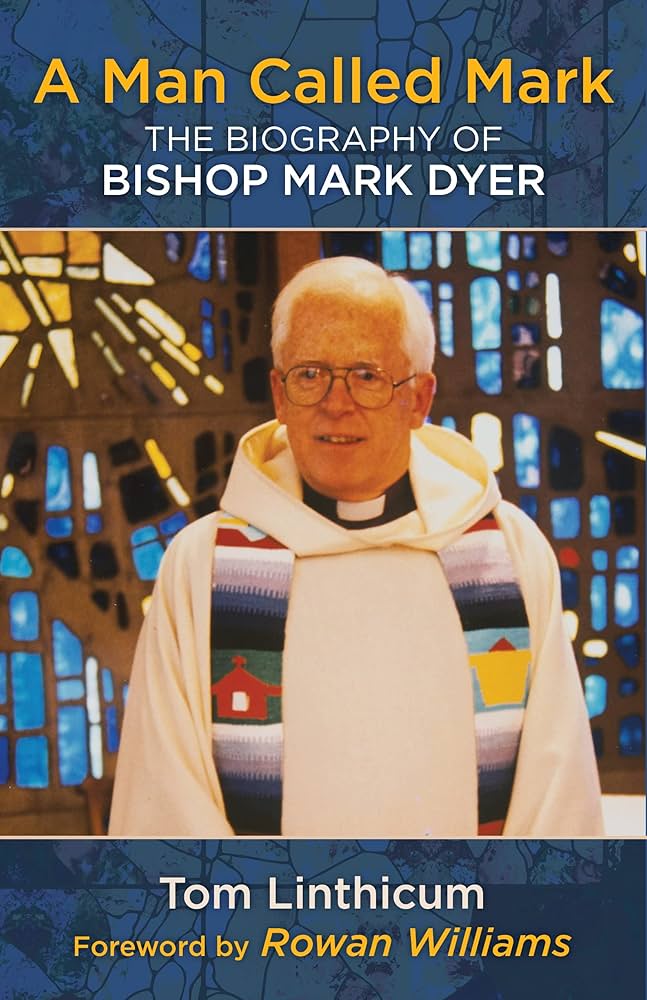
A Man Called Mark: The Biography of Mark Dyer
Linthicum, Tom.
This official biography tells the compelling story of the Rt. Rev. Mark Dyer: Irish Catholic boy from New Hampshire, U.S. Navy vet, Roman Catholic then Episcopal priest, bishop, and seminary professor―and one of the most influential, beloved leaders of the American Episcopal Church and the worldwide Anglican Communion. Following a dispute with ecclesiastical authorities, Dyer left the Roman Church for the Anglican Church of Canada. Later received as priest in the Episcopal Church, his gifts as teacher, preacher, and pastor were recognized with election as Bishop of Bethlehem, Pennsylvania. There, he established a new model of leadership, delegating administrative duties to concentrate on spiritual direction, pastoral care, and creating mission projects at every church in his diocese. Also renowned as a story-teller, many of his favorite stories appear here, told in his own voice. Called by leadership of the Anglican Communion to a variety of roles, for more than 20 years Bishop Dyer was on the front lines of the most contentious issues facing the church throughout the world, including ordination of women and gay people. He also was co-chair of the ecumenical dialogue between the Anglican and Eastern Orthodox Churches, which produced a landmark agreement after 17 years of meetings.
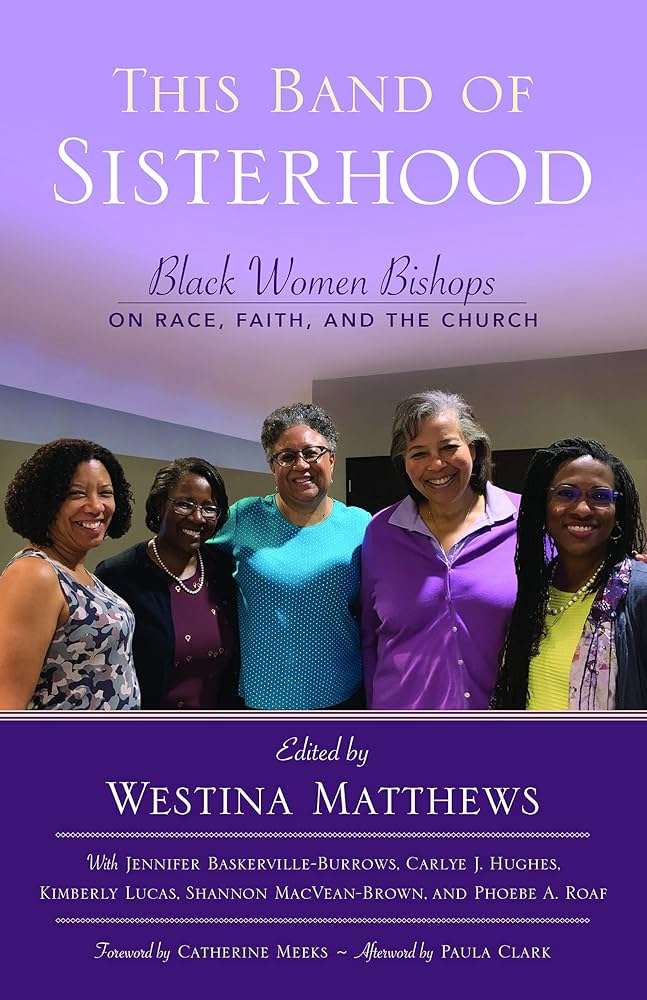
This Band of Sisterhood: Black Women Bishops on Race, Faith, and the Church
Matthews, Westina, Ed.
Get to know the first five Black women to be elected diocesan bishops within the Episcopal Church.
During this moment, with the #metoo movement, Black Lives Matter, and the increased feelings of division in our country, Black women clergy in the Episcopal Church have voiced a need to come together, believing that their experiences and concerns may be very different than those of other clergy. That need is answered here in This Band of Sisterhood.
The five Black women bishops featured in this book can provide a compass for how to journey along these new paths. Jennifer Baskerville-Burrows, Carlye J. Hughes, Kimberly Lucas, Shannon MacVean-Brown, and Phoebe A. Roaf offer honest, vulnerable wisdom from their own lives that speaks to this time in American life.
Both women and men will find this book invaluable in discerning how God might be calling them to use their own leadership skills.
Find it at ChurchPublishing.org
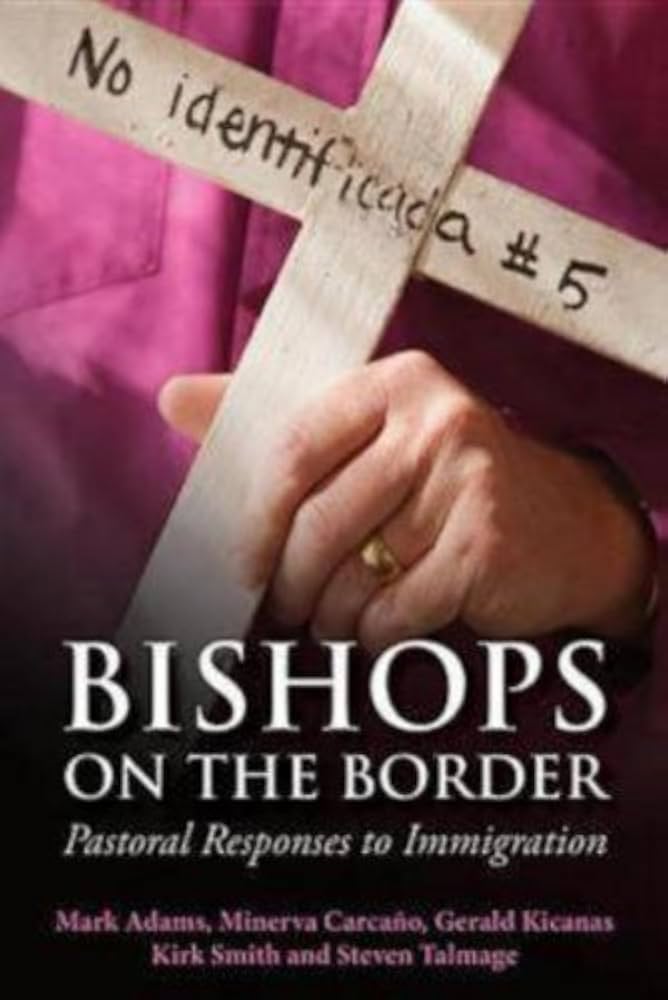
Bishops on the Border: Pastoral Responses to Immigration
Talmage, Steven, Et Al.
A group of bishops (Catholic, Episcopal, Lutheran, and United Methodist), all based along the US-Mexico border, found common ground to jointly address some key immigration issues, especially those being played out in the state of Arizona. The bishops worked together on behalf of local immigrant populations to address theological and pastoral concerns―and prayed for those whose lives were being directly affected. This book grows out of their shared work and the relationships that developed among them.
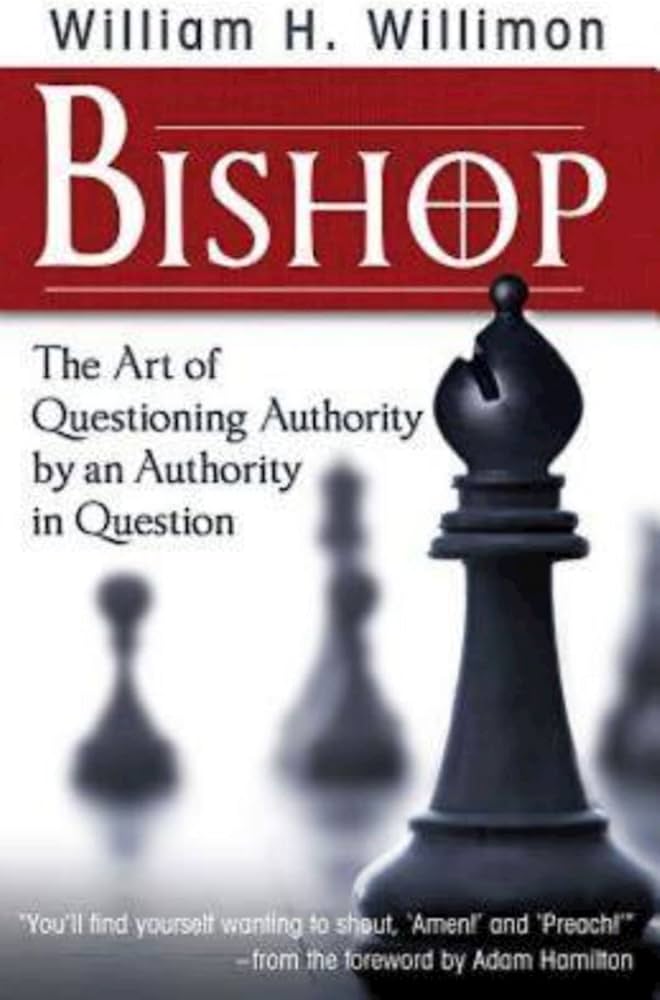
Bishop: The Art of Questioning Authority by an Authority in Question
Willimon, William.
“What to teach; How to teach; What to do,” were the three questions Wesley employed at his first conferences. In sixty previous books Will Willimon has worked the first two. This book is of the “What to do?” genre.
Many believe the long decline of The United Methodist Church is a crisis of effective leadership. Willimon takes this problem on. As an improbable bishop, for the last eight years he has laid hands on heads, made ordinands promise to go where he sends them, overseen their ministries, and acted as if this were normal. Here is his account of what he has learned and – more important – what The United Methodist Church must do to have a future as a viable movement of the Holy Spirit.
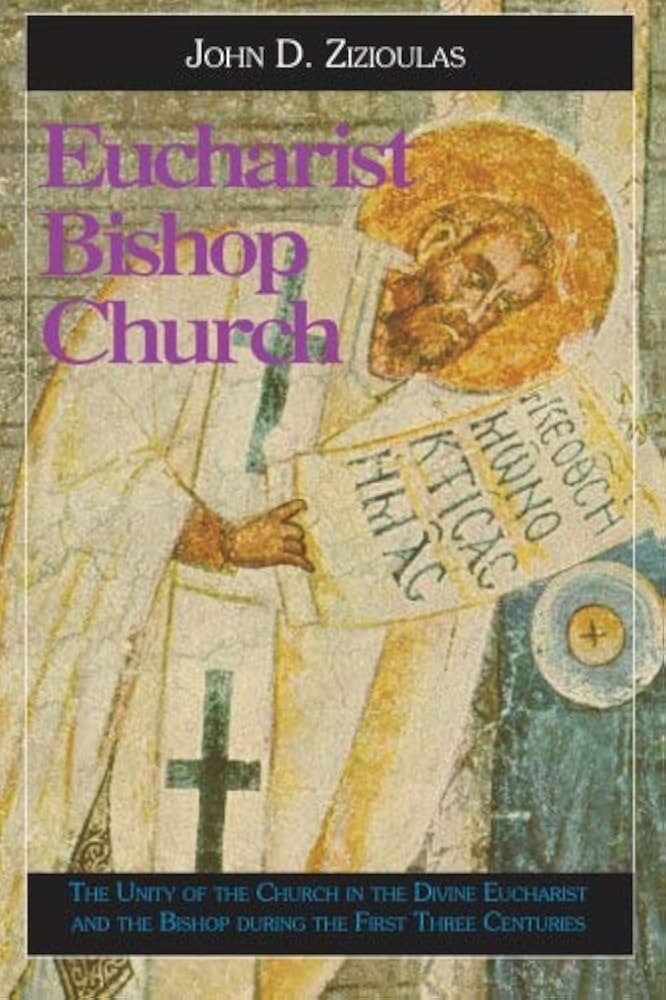
Eucharist, Bishop, Church: The Unity of the Church in the Divine Eucharist and the Bishop During the First Three Centuries
Zizioulas, John D.
Eucharist, Bishop, Church aims to define the relationship connecting the unity of the Church with the Eucharist and the Bishop as it was understood in the consciousness of the early Church. Written as the author’s doctoral dissertation in 1965 for the University of Athens, the issues raised in this work are as relevant today as when Zizioulas first presented them. Zizioulas presents an episcopocentric structure of the Church as normative, constituted in the essential role of the bishop as president of the Divine Liturgy and the eucharistic community. This assertion, still novel when Zizioulas first described it, is widely accepted and forms the core concept of “eucharistic ecclesiology.” Nevertheless, Eucharist, Bishop, Church continues to challenge many contemporary notions about the relationship of bishop and presbyter, parish and diocese, and local and universal church.
